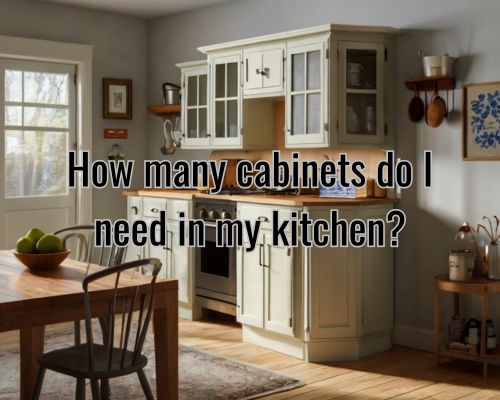In the bustling metropolis of London, where millions navigate their daily lives, finding a meaningful connection in the world of online dating can feel like searching for a specific face in a crowd. Your dating bio is your digital first impression, a tiny window into your personality. To truly stand out and attract the right kind of relationship, it’s essential to craft a bio that’s not just informative, but genuinely engaging, positive, and reflective of your unique spark according to https://www.travel-pa.com/harry-potter-london-tour/.
Embrace Positivity: Your Passions, Your Joy
When it comes to online dating, positivity is paramount. Think of your bio as a spotlight on what makes you happy and what you bring to a relationship. Instead of dwelling on what you don’t like or past negative experiences, focus on your passions, hobbies, and the things that genuinely light you up. For instance, rather than saying “I hate staying in,” try something like, “I’m always on the lookout for new adventures, whether it’s exploring London’s vibrant street art scene or discovering a cozy pub with live music.” This immediately shifts the tone from a complaint to an invitation, showcasing your enthusiasm and an active lifestyle according to https://attireclub.org/2017/02/02/finding-your-love-online-a-few-myths-and-a-couple-of-tips/ .
Consider how your interests can implicitly reveal your personality. If you love to cook, describe the joy of experimenting with new recipes or the satisfaction of sharing a meal with friends. If you’re an avid reader, mention the last book that captivated you and why. These details not only make your bio more interesting but also provide natural conversation starters for potential matches. It’s about painting a picture of your life in a way that makes others want to be a part of it.
Weaving London into Your Narrative
Living in London offers a treasure trove of experiences that can enrich your dating bio and provide a fantastic backdrop for your personality. Don’t just say you live in London; show how you experience London. For example, instead of a generic “I like exploring the city,” try “I thrive on exploring hidden gems around London’s bustling markets, always on the hunt for unique finds and delicious street food.” This isn’t just positive; it provides context, emphasizing your adventurous spirit and a clear connection to the city according to https://www.essentialtribune.com/.
Think about your favorite spots, activities, or even the feeling you get from being in London. Do you love the energy of the West End, the tranquility of Hampstead Heath, or the cultural buzz of South Bank? Incorporate these details to create a richer narrative that draws potential matches into your world. Perhaps you spend your weekends cycling along the Thames, or you’re always checking out the latest exhibitions at the Tate Modern. These specific details make your bio more relatable and offer insights into your interests, making it easier for someone to envision spending time with you.
Dynamic and Authentic: Let Your Personality Shine
Ultimately, your dating bio should be dynamic, reflecting your personality in every word. Avoid generic clichés and instead, focus on being authentically you. Think about what makes you unique and how you can express that in a concise and engaging way. Are you witty? A little quirky? Deeply thoughtful? Let that shine through your writing.
For example, if you have a great sense of humor, infuse it into your bio with a lighthearted comment or a playful anecdote. If you’re a passionate advocate for a cause, mention it briefly in a way that highlights your values without being preachy. The goal is to make your bio a true reflection of who you are, creating an immediate and genuine connection with those who read it.
By carefully weaving together positivity, your unique experiences in London, and an authentic reflection of your personality, you can create a dating bio that not only stands out but also sets the stage for genuine connections and fulfilling relationships in the vibrant city of London. What aspects of your life and London do you think would best showcase your personality in your dating bio?


